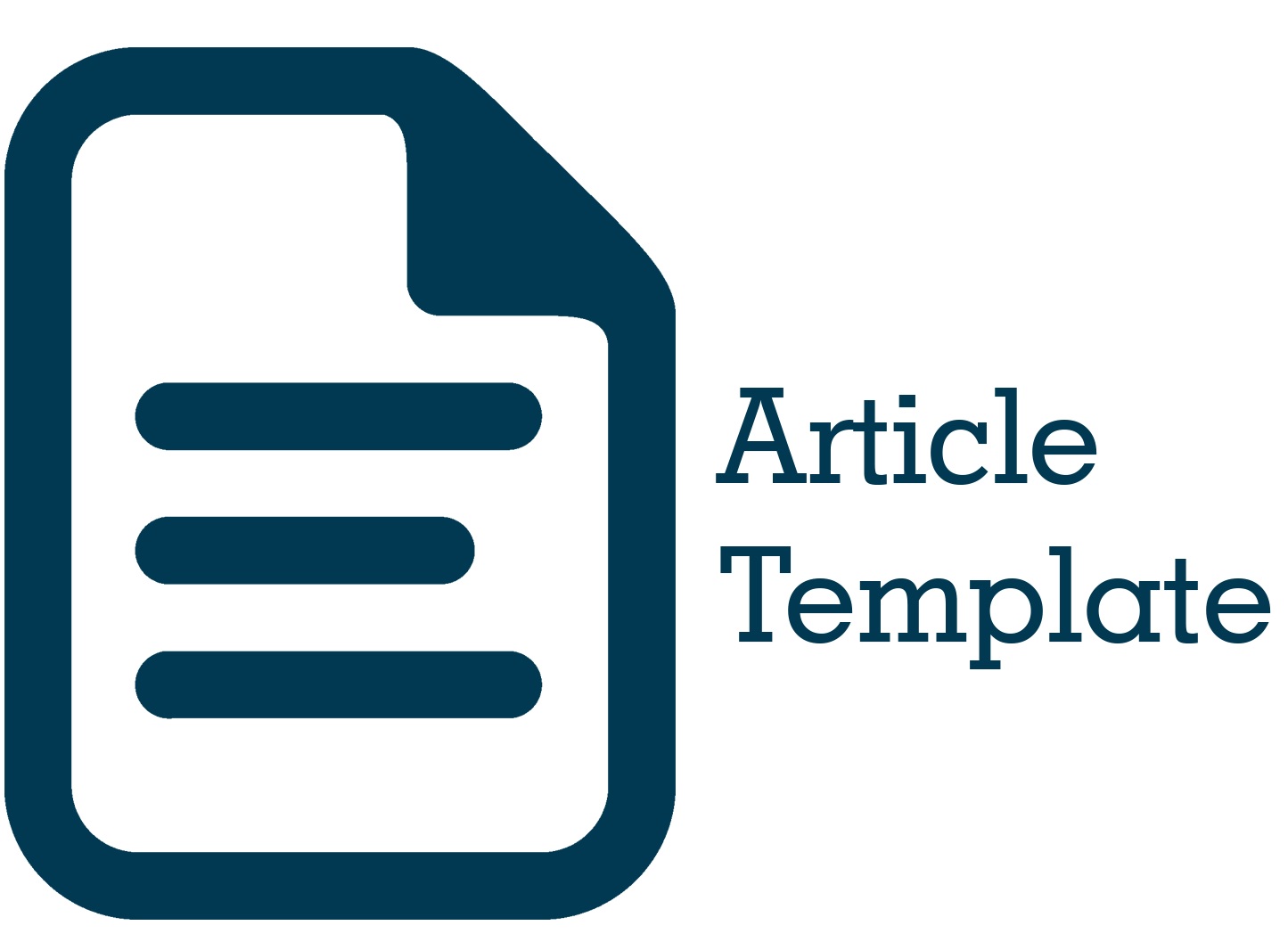Sustainable Tourism Marketing in the Digital Age
DOI:
https://doi.org/10.51135/PublicPolicy.v5.i2.p1124-1135Keywords:
Digital Marketing, Community Empowerment, Tourism Marketing StrategyAbstract
This study examines a sustainable tourism marketing strategy for Kupang City, NTT, which faces low tourist arrivals despite its significant potential. Using a qualitative approach, including in-depth interviews with 10 key informants and field observations, three main challenges were identified: suboptimal use of digital technology, limited local community involvement, and insufficient competence among tourism marketing human resources. The study proposes several recommendations, including an integrated digital marketing strategy, community empowerment programs, improved HR competencies, the development of a monitoring and evaluation system, and enhanced stakeholder collaboration. This research offers both theoretical and practical insights into sustainable tourism marketing strategies for small towns in developing countries, with important implications for policymakers and tourism industry stakeholders in Kupang City.
Downloads
References
Adi, P., & Sari, R. (2017). Tourism Marketing Challenges in Kupang City. Journal of Tourism Management, 12(2), 78–95.
Aisah Asnawi, (2021). Destination Images: Antecedents of city Marketing, Tourism Event, and Social Media Marketing Concept, Jurnal Perspektif Pembiayaan dan Pembangunan Daerah, 9(2), 171-186, https://online-journal.unja.ac.id/JES/article/view/12742
Buhalis, D., & Volchek, K. (2021). Bridging Marketing Theory and Big Data Analytics: the Taxonomy of Marketing Attribution. International Journal of Information Management, 56, 102253. https://www.sciencedirect.com/science/article/abs/pii/S0268401220314523
Deng, N., Liu, J., Dai, Y., & li, H. (2019). Different cultures, Different Photos: A Comparison of Shanghai’s Pictorial Destination Image between East and West. Tourism Management Perspectives, 30, 182–192. https://doi.org/10.1016/j.tmp.2019.02.016
Fenri A. S. Tupamahu, Dessy Balik & Eduard Yohannis Tamaela, (2021). Karakteristik Wirausaha, Tingkat Pendidikan dan Karakteristik Usaha sebagai Penentu Keberhasilan Bisnis Pariwisata di Wilayah Pesisir dan Pulau-Pulau Kecil, Jurnal Maneksi, 10(1), 1-17, https://ejournal-polnam.ac.id/index.php/JurnalManeksi/article/view/636
Fyall, A., & Garrod, B. (2020). Destination Management: a Holistic and Integrated Approach. Tourism Management, 81, 104134. https://www.sciencedirect.com/journal/tourism-management/vol/81/suppl/C
Hall, C. M. (2019). Constructing Sustainable Tourism Development: the 2030 Agenda and the Managerial Ecology of Sustainable Tourism. Journal of Sustainable Tourism, 27(7), 1044–1060. https://doi.org/10.1080/09669582.2018.1560456
Hristov, D., & Ramkissoon, H. (2021). Digital Marketing in Travel and Tourism: a Systematic Review. Tourism Recreation Research, 46(2), 135–151. https://www.tandfonline.com/toc/rtrr20/46/2?nav=tocList
Johnson, L. (2019). Digital Technology in Tourism Marketing. International Journal of Tourism Research, 21(4), 405–420. https://onlinelibrary.wiley.com/toc/15221970/2019/21/4
Morrison, A. M. (2019). Marketing and Managing Tourism Destinations (2nd ed.). Routledge.
Moscardo, G. (2018). Linking Tourism to Social Capital in Destination Communities. Journal of Destination Marketing & Management, 8, 286–295. https://doi.org/10.1016/j.jdmm.2017.10.001
BPS Kupang City, (2020). Kupang City Tourist Visit Statistics 2019. BPS Kupang City.
Kupang City Government, (2020). Report on the Contribution of the Tourism Sector to the GDRP of Kupang City 2019. Kupang City Government.
Putri, D. (2018). Analysis of Tourism Development Constraints in Nusa Tenggara Timur. Journal of Regional Economics and Development, 6(1), 45–60.
Sharpley, R. (2020). Tourism, Sustainable Development and the Theoretical Divide: 20 years on. Journal of Sustainable Tourism, 28(11), 1932–1946. https://doi.org/10.1080/09669582.2020.1779732
Tolkach, D., & King, B. (2020). Strengthening Community-Based Tourism in a New Resource-Based Island Nation: Why and How? Tourism Management, 46, 386–398. https://doi.org/10.1016/j.tourman.2014.12.013

Downloads
Published
How to Cite
Issue
Section
License
Copyright (c) 2024 author(s)

This work is licensed under a Creative Commons Attribution-ShareAlike 4.0 International License.
Authors whose manuscripts are published in the Journal of Public Policy must agree to the following terms;
- Publication rights for all manuscript materials published are held by the editorial board with the author's consent.
- The legal formalities for digital access to the Journal of Public Policy are subject to the Creative Commons Attribution Sharealike (CC BY SA) license, which means the Journal of Public Policy has the right to store, redistribute, reformat, manage in a database, maintain, and publish the manuscript without seeking permission from the author as long as the author's name is included as the copyright owner.
- Published manuscripts are open access for the purpose of disseminating research results. Besides this purpose, the editorial board is not responsible for copyright law violations.


.png)



